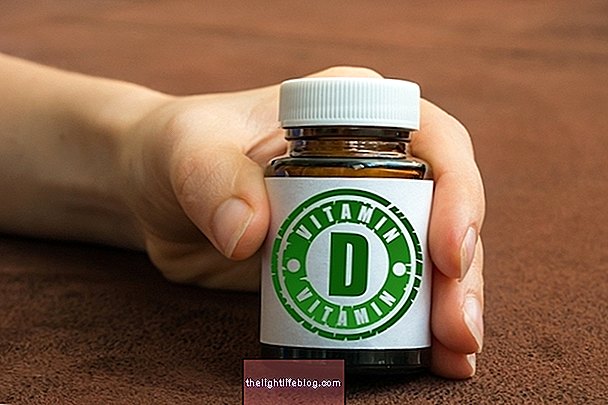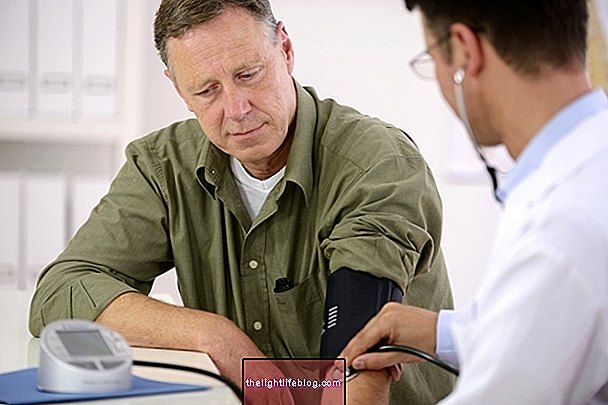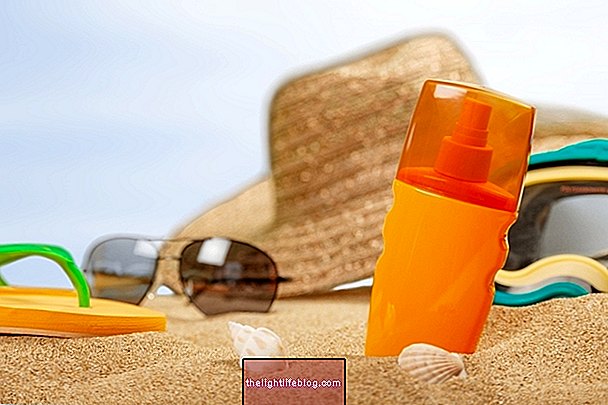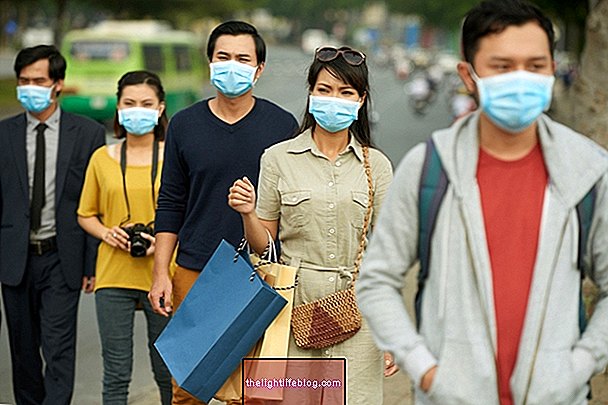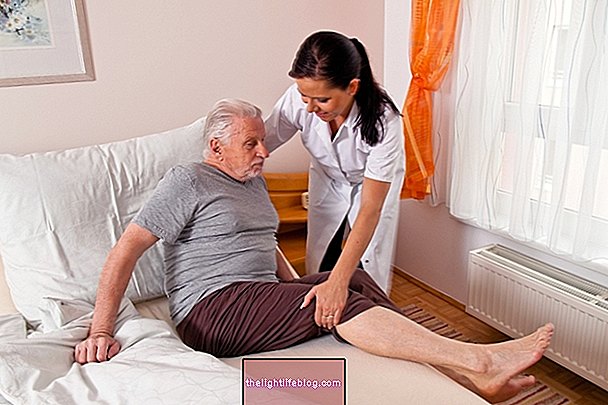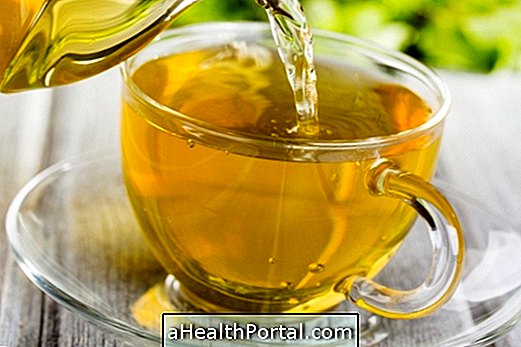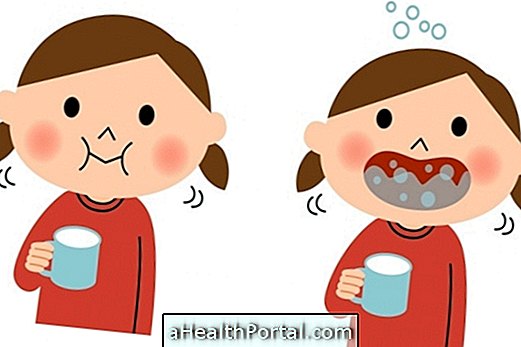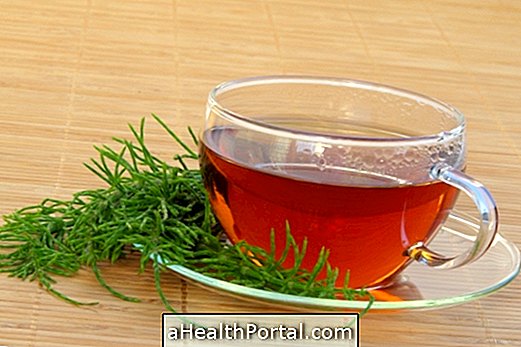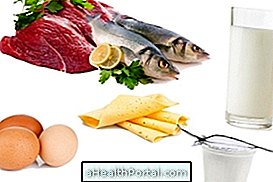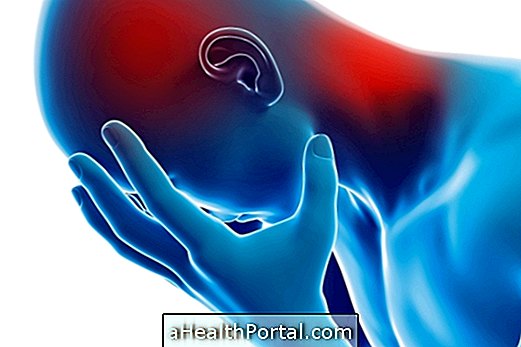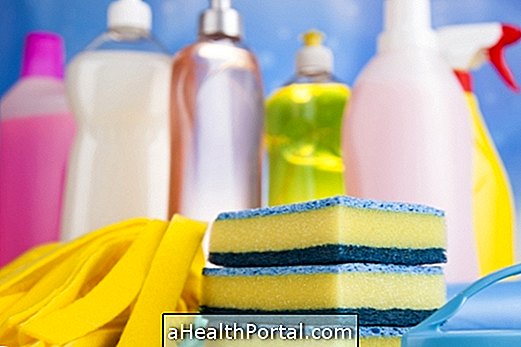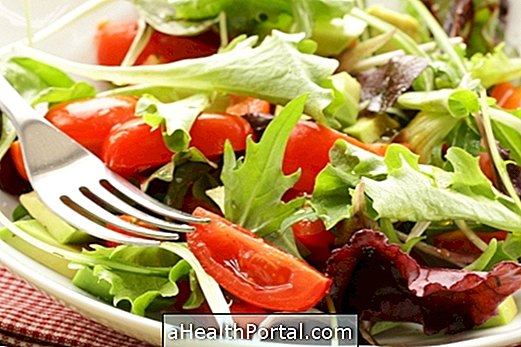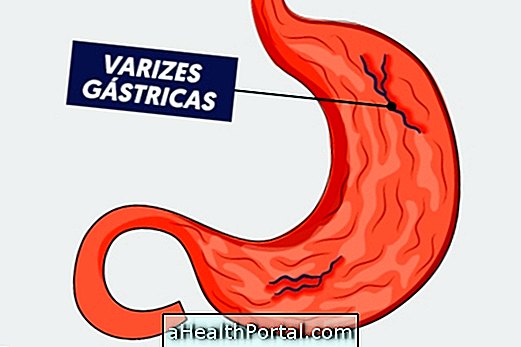To maintain health in the summer it is important to avoid the hottest hours of the day, wear light and cotton clothes, drink at least 2 liters of water during the day and avoid staying indoors and very hot. That way it is possible to avoid the common problems in the summer that arise due to the heat, such as dehydration and burns, for example.
In addition, as it is common in summer for people to go to beaches, it is also possible that there is a greater chance of having food poisoning, due to some food consumed on the spot, or insect bites, since most insects thrive in the most hot of the year. Thus, it is important to pay attention to the quality of the food and to use repellent, especially at night.
Other tips that can help maintain health in the summer are:
1. Avoid the sun between 12pm and 4pm

Although it is not possible to avoid the sun completely, the most important thing is to avoid exposure during the hottest hours, that is, between noon and 4 pm. At this time, the sun's rays are stronger and, therefore, in addition to a greater risk of sunburn, the body temperature can increase rapidly and lead to heat stroke, in which the body loses water and minerals, which can lead to dehydration. serious.
During this time, even if you are not lying in the sun, it is essential to apply sunscreen every 3 hours, wear a hat and put on sunglasses, in addition to drinking plenty of water during the period.
2. Practice physical activity

Physical exercise is essential to keep your body functioning properly, as well as to eliminate toxins. Thus, during the summer it is recommended that physical activity be done in the early morning or late afternoon, as the sun is not so hot and, thus, there is not so much sun exposure. In addition, whenever possible, physical activity in shady places is recommended.
3. Wear cotton clothes and light color

The use of light, light-colored clothes helps the skin to eliminate excess heat from the body through sweat. Thus, it is preferable to opt for light t-shirts, shorts and summer dresses, for example, in addition to it being important to avoid darker clothes, as they absorb more heat.
In addition, it is advisable to prefer clothes made of natural material, such as cotton or linen, rather than synthetic fabrics, such as polyester or lycra, since they let the skin breathe more easily, avoiding an exaggerated increase in body temperature and, consequently, heat stroke.
4. Drink at least 2 liters of water

Although water consumption is important every day, regardless of the time of year, in summer water is essential. This is because due to the typical summer heat, the body loses water more easily, which can impair the proper functioning of the body and result in dehydration.
Therefore, it is important to consume at least 2 liters of water, coconut water, natural juice or iced teas per day. In addition, some fruits and vegetables, such as lettuce, chayote, tomato, melon, pineapple, carrot and banana, have a large amount of water, which can be included in the daily diet.
See which foods are richer in water:

5. Avoid heavy meals

Very large meals, with spicy foods or other ingredients that are not easily digested, such as sausages, for example, slow down the body and cause an overwork in the stomach, in addition to increasing the heat, which can bring risk to health.
Thus, one should choose to eat lighter meals and foods with better digestion, such as vegetables, fruits and pasta, for example.
6. Keep the environment ventilated

It is important that the environment has good air circulation, preventing the environment from becoming hot and muggy, and thus it is also possible to avoid heat stroke and its health consequences.
To keep the environment well ventilated, you can leave the windows open or use a fan or air conditioner, however in the case of air conditioning it is important that maintenance is done regularly to avoid the accumulation of dust mites and proliferation. other microorganisms, which can also be harmful to health.
Signs that may indicate problems with heat
Heat stroke is one of the main complications of overexposure to heat. To know if you have a heat stroke it is important to be aware of the symptoms:
- Fever and red skin, no sweat;
- Fast pulse and headache;
- Panting;
- Dizziness and mental confusion.
In this case, it is recommended to try to refresh the body as soon as possible, drinking fresh water or juice, washing your hands, wrists and the nape of the neck with fresh water and standing in front of a fan, for example. But if the symptoms do not alleviate it is better to go to the doctor. See better what to do in case of heat stroke.
Was this information helpful?
Yes No
Your opinion is important! Write here how we can improve our text:
Any questions? Click here to be answered.
Email in which you want to receive a reply:
Check the confirmation email we sent you.
Your name:
Reason for visit:
--- Choose your reason --- DiseaseLive betterHelp another personGain knowledge
Are you a health professional?
NoMedicalPharmaceuticalsNurseNutritionistBiomedicalPhysiotherapistBeauticianOther

